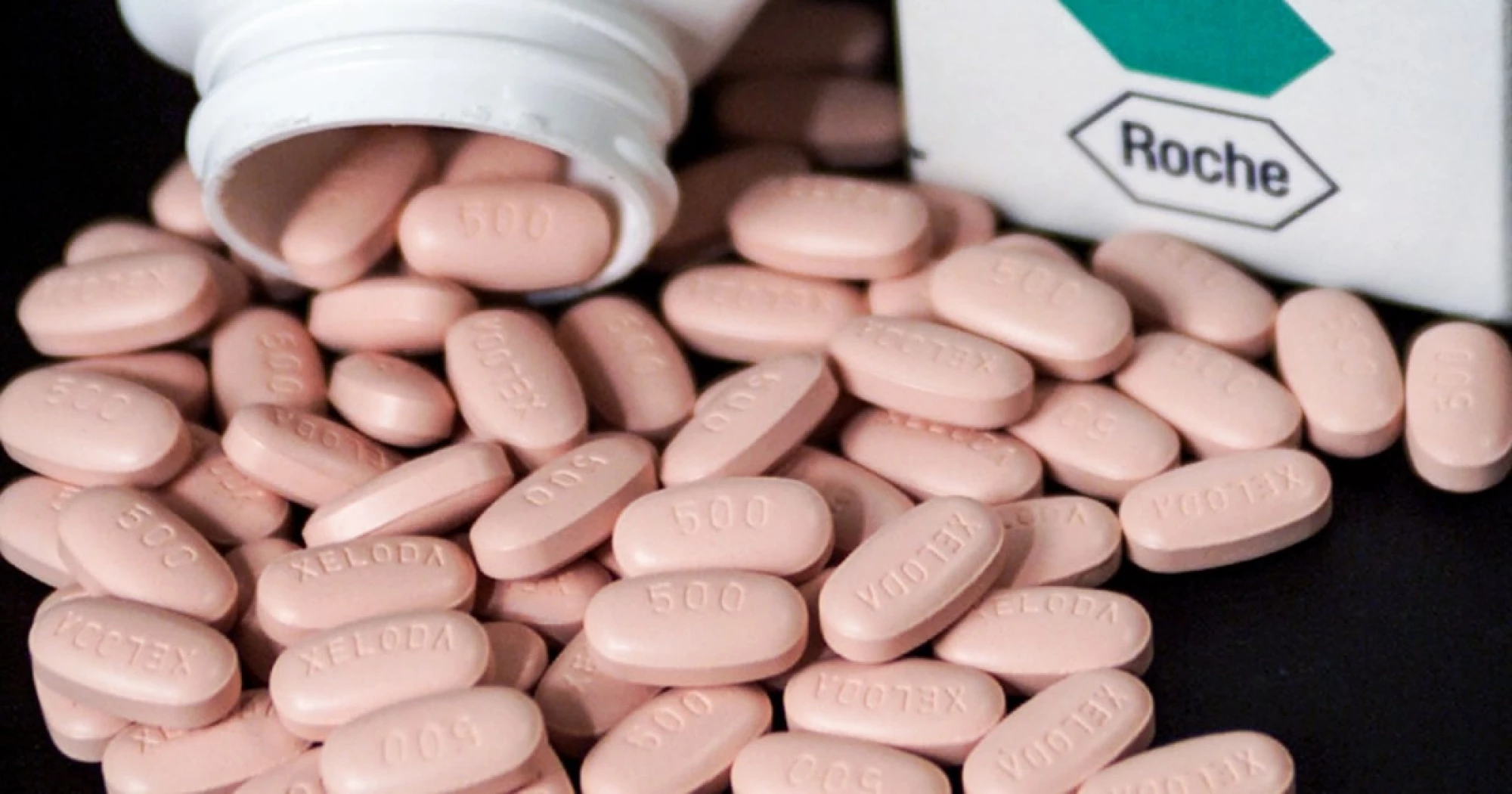Two patients faced chemo. The one who survived got a test to see if it was safe.

As cancer drug deaths pile up, doctors are increasingly testing for gene variants that can cause thousands of patients to suffer harsh chemo toxicity.
JoEllen Zembruski-Ruple, while in the care of New York City’s renowned Memorial Sloan Kettering Cancer Center, swallowed the first three chemotherapy pills to treat her squamous cell carcinoma on Jan. 29, her family members said. They didn’t realize the drug could kill her.
Six days later, Zembruski-Ruple went to Sloan Kettering’s urgent care department to treat sores in her mouth and swelling around her eyes. The hospital diagnosed oral yeast infection and sent her home, her sister and partner said. Two days later, they said, she returned in agony — with severe diarrhea and vomiting — and was admitted. “Enzyme deficiency,” Zembruski-Ruple texted a friend.
The 65-year-old, a patient advocate who had worked for the National Multiple Sclerosis Society and other groups, would never go home.
Covered in bruises and unable to swallow or talk, she eventually entered hospice care and died March 25 from the very drug that was supposed to extend her life, said her longtime partner, Richard Khavkine. Zembruski-Ruple was deficient in the enzyme that metabolizes capecitabine, the chemotherapy drug she took, said Khavkine and Susan Zembruski, one of her sisters. Zembruski-Ruple was among about 1,300 Americans each year who die from the toxic effects of that pill or its cousin, the IV drug fluorouracil known as 5-FU.
The oral chemotherapy tablet Capecitabine.Greg Wood / AFP - Getty Images fileDoctors can test for the deficiency — and then either switch drugs or lower the dosage if patients have a genetic variant that carries risk. The FDA approved an antidote in 2015, but it’s expensive and must be administered within four days of the first chemotherapy treatment.
https://www.nbcnews.com/health/cancer/cancer-drug-deaths-chemo-test-gene-variant-rcna210652
Rating: 5